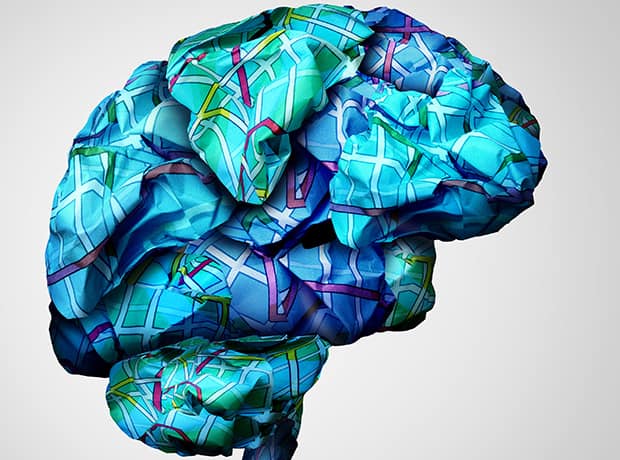An estimated 11 million people in the UK are living with a neurological condition.
Researchers from King’s College London, in collaboration with University College London (UCL), have developed a new artificial intelligence (AI) brain imaging model that is realistic and accurate enough for use in medical research.
Publication Nature Medicine Intelligence3D synthetic images of the human brain could aid research into the prediction, diagnosis and treatment of brain diseases such as dementia, stroke and multiple sclerosis.
According to Brain Research UK, there are an estimated 11 million people living with a neurological condition in the UK – the most common being Alzheimer’s disease, epilepsy and stroke.
The researchers worked with data scientists and engineers at the London Centre for Medical Imaging and AI Value-Based Healthcare, and NVIDIA, to train the AI model in weeks instead of months, using the NVIDIA Cambridge-1 supercomputer.
The model can not only generate 3D high-resolution images with all the characteristics of a real human brain, including the correct folding patterns and risk-sized regions, but also accurately generate images that reflect clinical factors such as age, sex, and disease status.
After examining large amounts of data, the AI model learned how age and gender affect the brain, and how medical conditions affect anatomy. When tested, the data generated by the model was realistic enough to replicate human anatomy.
The researchers believe the tool could make AI diagnostics more accurate and unbiased, and help neuroscientists better understand how the brain changes with age and disease, potentially guiding treatments for serious conditions.
Dr Jorge Cardoso, from KCL’s School of Biomedical Engineering and Imaging Sciences, commented: “As this technology is further developed, it could help us understand which medications are best suited for each patient, how certain medical conditions progress differently in different patients, and how a person’s brain responds to certain treatments.”
“Research is now being extended to other organs such as the heart and lungs, and even complex multi-organ diseases such as cancer,” said Parashkev Nachev, professor of neurology at University College London.







